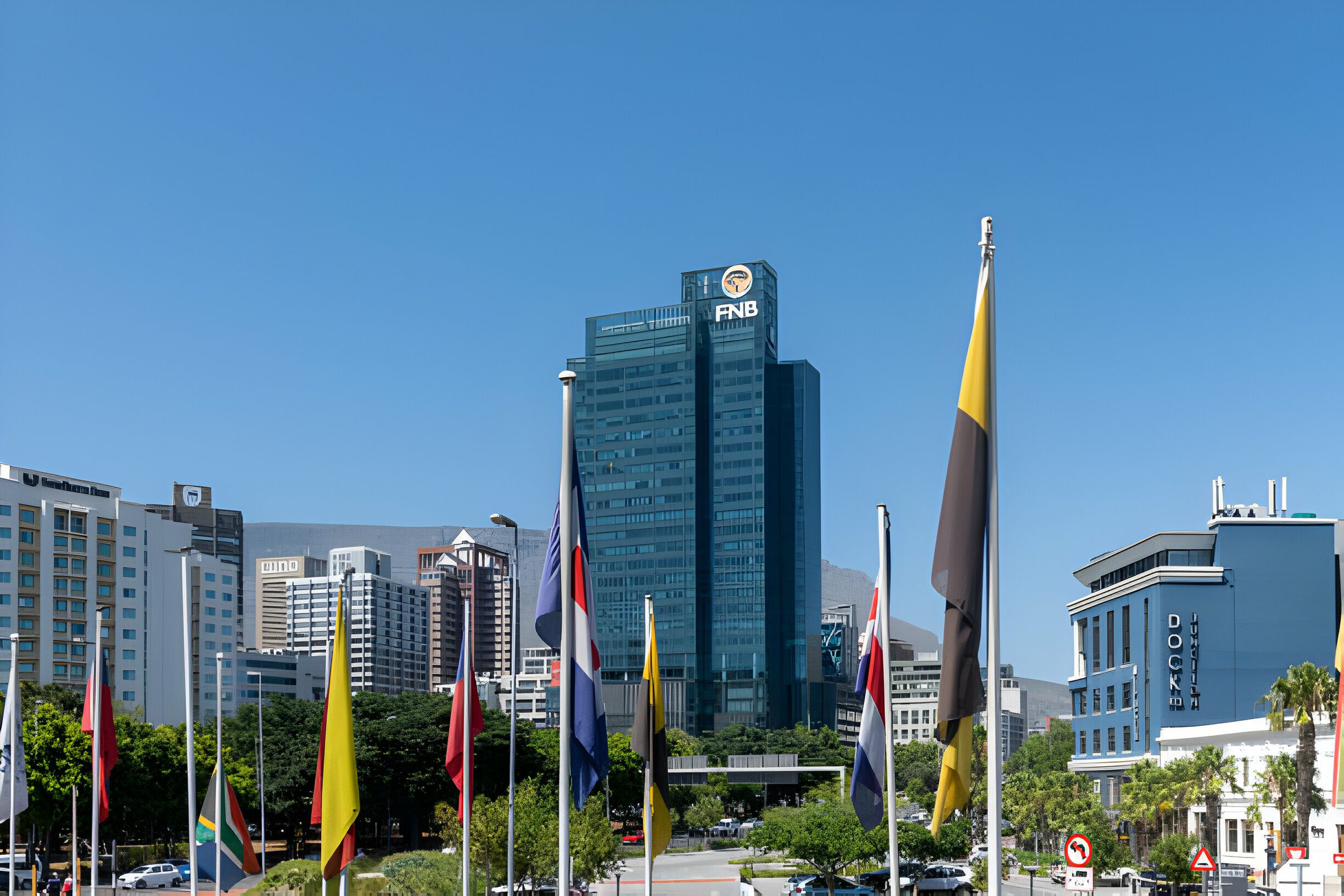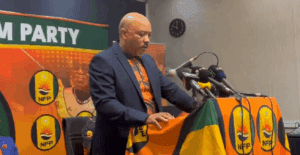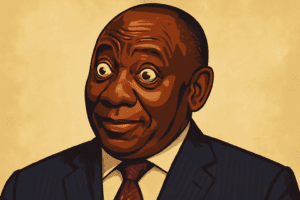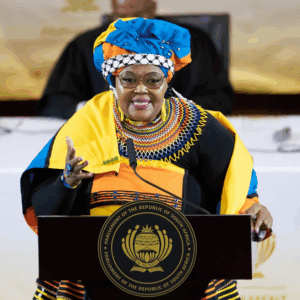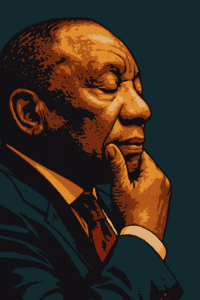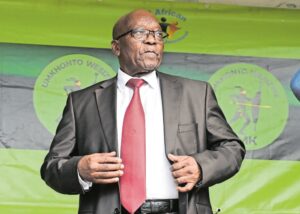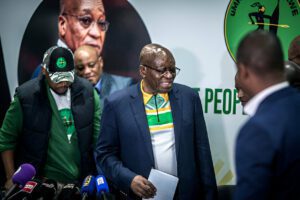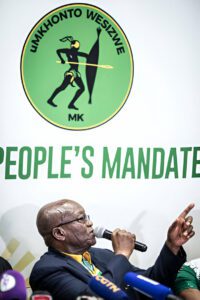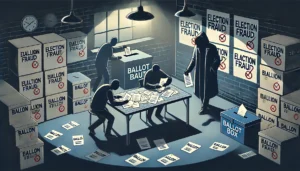The recent move by First National Bank (FNB) to terminate the bank account of former South African president Jacob Zuma has ignited discussions among political figures, particularly in the context of the approaching elections. Jacob Zuma, who has recently thrown his support behind the newly established uMkhonto weSizwe (MK) party, finds himself at the center of controversy as FNB announced the closure of his account. This account notably received a R7.8 million loan from the now-collapsed VBS Mutual Bank.
FNB has stated that their action is in adherence to a ruling from the High Court of KwaZulu-Natal. The bank emphasized its commitment to treating all customers fairly and consistently, yet refrained from further comments due to client confidentiality.
“FNB is complying with a specific order by the High Court (KZN division). However, given client confidentiality, FNB cannot comment further on any client’s specific bank accounts and treats all customers objectively and consistently,” said FNB.
Amidst this, African People’s Convention (APC) leader Themba Godi criticized the influence banks wield within the democratic framework of South Africa. Godi, who previously chaired the Standing Committee on Public Accounts (Scopa), questioned whether the decision by FNB was administrative or politically motivated, especially given the timing before the national elections.
“The starting point is the suspicion around the timing. The bank exposes itself to be playing a political game. The powers that the banks have in our country is enormous and it renders our democratic practice meaningless. If they can do this to a former president who else is at their mercy,” Godi expressed.
Godi further compared Zuma’s situation to that of Markus Jooste, suggesting a perceived inconsistency in the handling of high-profile cases by financial institutions. The call for a more stringent regulatory framework for banks was echoed by Godi, aiming to limit their ability to unilaterally close accounts, especially those of political figures.
Raising similar concerns, former Pan Africanist Congress (PAC) leader Letlapa Mphahlele highlighted the questionable timing of FNB’s decision, suggesting a possible political bias within banking operations.
“FNB has reportedly issued a notice to terminate former president Jacob Zuma’s bank accounts in which his R7.8m VBS loan was deposited. The timing raises eyebrows. Only the most gullible among us think that the banks are impartial referees in the game of politics,” Mphahlele stated.
This move comes at a time when Zuma has positioned himself as a prominent figure within the MK party, which was registered with the Electoral Commission of South Africa (IEC) last year, and has been actively participating in the political arena in anticipation of the upcoming elections.
The decision by FNB has not only sparked a debate on the role and power of banks in South Africa’s democratic society but also raised questions about the intersection of finance and politics, especially in the lead-up to crucial electoral moments. As the nation moves closer to the elections, the dialogue surrounding this incident is likely to intensify, highlighting the complex dynamics between political entities and financial institutions.

